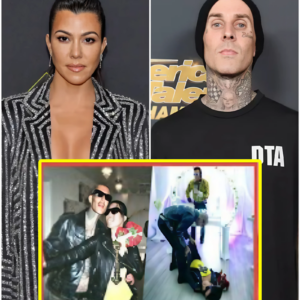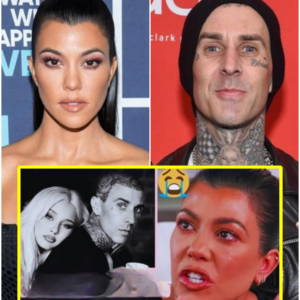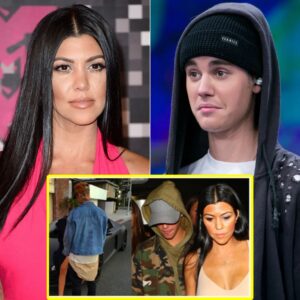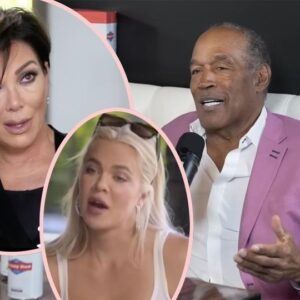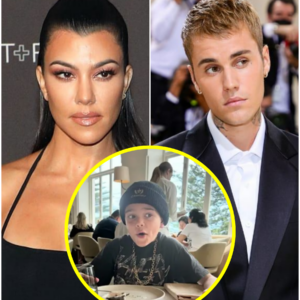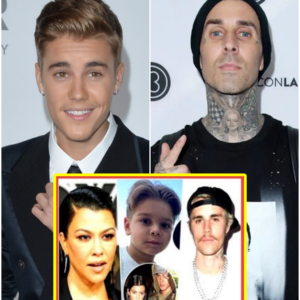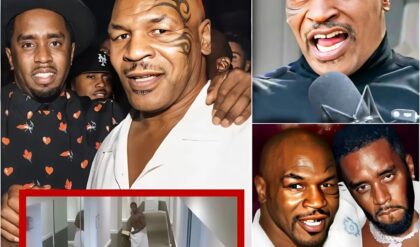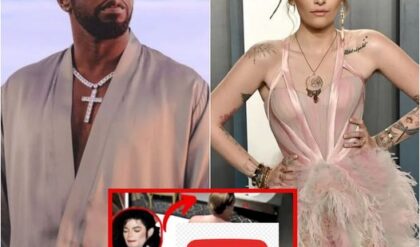The Drake and Kendrick Lamar Feud: Behind the Scenes Drama
The ongoing feud between Drake and Kendrick Lamar has captivated fans and fueled countless headlines. But beneath the surface of this high-profile rivalry lies a complex web of industry politics, big-money deals, and influential figures. One name that frequently pops up in discussions about Drake’s success is Lucian Grainge, the CEO of Universal Music Group. This article delves into the layers of the Drake-Kendrick feud, exploring the role of industry giants like Grainge and the possible motives behind their actions.
The feud between Drake and Kendrick Lamar arguably began in earnest in 2013 with Kendrick’s verse on Big Sean’s track “Control.” In this verse, Kendrick called out several rappers, including Drake, as he proclaimed his ambition to surpass them in the rap game. Though Kendrick later clarified that his verse was not intended as a diss but rather a declaration of his competitive spirit, the seeds of conflict were sown. This verse ignited a series of subliminal shots and indirect jabs between the two artists, escalating over time.
In 2021, Drake reportedly secured a staggering deal with Universal Music Group worth between $400 and $500 million. This deal, rumored to include ownership stakes in other artists’ catalogs, positioned Drake at a unique advantage within the industry. The speculation that Drake might have used this leverage to acquire Kendrick’s rights—or at least attempt to—adds another layer of intrigue to their rivalry. The notion that Drake’s deal could have included some equity, allowing him to gain control over other artists’ work, hints at a potential power play that may have fueled their ongoing tension.
Adding to the drama, Cat Williams, a comedian known for his provocative statements, has weighed in on the situation. Williams has suggested that high-profile artists’ deaths, like those of Michael Jackson and Prince, could be linked to the financial interests of major label executives. He insinuates that these artists’ tragic ends might have benefited industry moguls financially, a claim that adds a dark twist to the discussion about the industry’s power dynamics. Williams has also implied that Universal Music’s Lucian Grainge, referred to in various circles as Drake’s “rich baby daddy” or “sugar daddy,” is a key player in this behind-the-scenes drama.
The Drake-Kendrick feud reached new heights when Kendrick released “Father Time” from his 2022 album “Mr. Morale & The Big Steppers.” This track included a direct critique of Drake and even referenced Kanye’s seemingly reconciled beef with Drake. The timing of Kendrick’s diss and the subsequent response from Drake, including his track “First Person Shooter,” shows that the rivalry remains as fierce as ever. Drake’s response, while seemingly dismissive of Kendrick’s shots, underscores the ongoing tension and competitive spirit between the two.
Drake’s contract with Universal and his rumored ownership of his masters mark a significant departure from the experiences of past industry icons like Michael Jackson and Prince, who struggled to retain control over their work. The speculation about Drake’s privileged position within the industry, potentially tied to his relationship with Grainge and his cultural background, raises questions about fairness and favoritism in the music business.
In conclusion, the Drake-Kendrick feud is more than just a clash between two of the biggest names in hip-hop. It reflects the larger dynamics at play within the music industry, including the influence of powerful executives like Lucian Grainge. As fans continue to debate the intricacies of this rivalry, it’s essential to consider the broader context of industry power plays and the role of financial interests in shaping these high-profile conflicts.
News
(B) Travis Barker MISSED when Kourtney Kardashian returned home drunk after Kardashians party. (VIDEO)…
Courtney Kardashian made headlines just seven weeks after giving birth when she decided to attend the annual Kardashian Jenner Christmas party sans pants. Despite recently welcoming her fourth child, Rocky, with boyfriend Travis Barker, Courtney seemed anything but tired as…
(B) Kourtney Kardashian Shocking Revelation on Why Her Relationship with Travis Barker Ended. (VIDEO)…
In the public eye, Travis Barker and Courtney Kardashian’s relationship was once perceived as an unbreakable union, filled with passion and devotion. However, recent revelations paint a vastly different picture, revealing the underlying turmoil that ultimately led to its demise….
(B) Kourtney Kardashian SECRET XTAPE With Minor Justin Bieber REVIEWED by The Feds. (VIDEO)
The recent discovery of a video purportedly featuring Courtney Kardashian and Justin Bieber has ignited a firestorm within the entertainment industry, prompting intense speculation about its potential ramifications. This revelation, coupled with reports of a raid on Diddy’s home, has…
(B) EXTREMELY SHOCKING: Kris Jenner Lied About DNA Test To Khloe Kardashian As O.J. Simpson Could Be Her Father. (VIDEO)..
In a moment etched into the memories of internet users, Chris Jenner once orchestrated a dramatic DNA test to dispel rumors surrounding Khloe Kardashian’s paternity. Speculations swirled, stemming from Jenner’s revelations in her memoir “Chris Jenner and All Things Kardashian,”…
(B) Kourtney Kardashian finally shows proof her son Reign Disick is actually Justin Bieber’s son. (VIDEO)..
Courtney Kardashian recently embarked on an exciting escapade to Australia and New Zealand with her husband, Travis Barker, for his tour. However, it was their youngest son, Rain, who stole the spotlight during their adventures. With his mischievous antics and…
(B) NEWS HOT; Travis Barker Found Evidence of Kourtney Shared Baby With Justin Bieber (video)…
The rumor mill surrounding Justin Bieber and the Kardashian family has been churning for quite some time, igniting speculation about his connections with various members. While the details are murky and often sensationalized, let’s delve into the complexities of these…
End of content
No more pages to load
